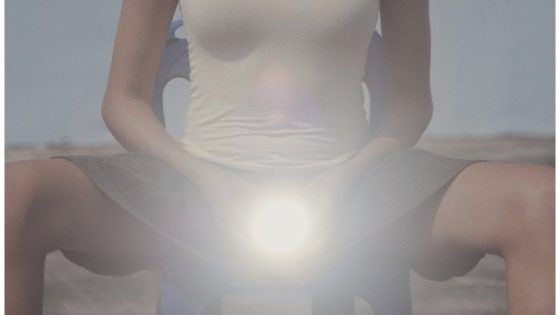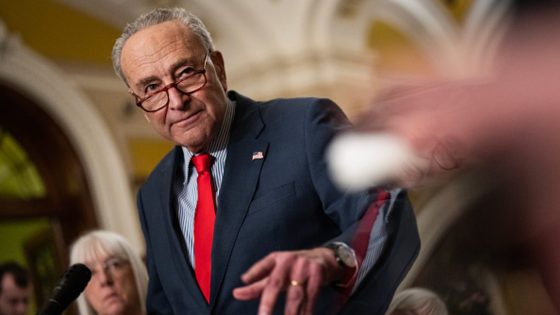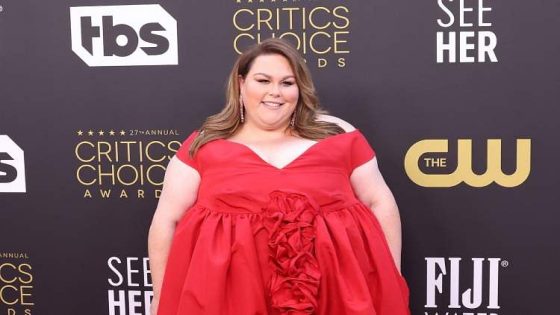“Trans Memoria” director Victoria Verseau is ready for “Trans Love.”
The second part of the planned trilogy about her transition, it will be a fictionalized take on the life-changing trip she took in her twenties.
“I decided to go on a road trip in the U.S. and hitchhike for three months. By myself! I’ve never heard of hitchhiking trans girls and it was an extremely dangerous adventure, but I was young and naïve. I am glad I was, because I have experienced the most wonderful things. And the most terrible things,” she says.
“Back then, I just started taking hormones. I didn’t know how I would be perceived by others: as a gay boy, trans person or as a woman? But I longed for love, and sex. My friends were losing their virginities and my life was on hold. This trip turned into my own sexual revolution.”
Verseau, who will be casting in the fall, will reveal her “biggest secrets” in the film.
“I met so many straight cis men on this trip. I met religious people, racist people, transphobic people. And I slept with them,” reveals the Swedish filmmaker.
“It could have ended badly and sometimes I wonder how close I got to winding up like so many other trans women – murdered. It’s fine if this film makes the audience uncomfortable. I don’t mind if it’s scandalous.”
Her journey culminated in San Francisco, where Verseau had facial feminization surgery. Now, she relives the realities of her painful transition in doc “Trans Memoria,” premiering at Karlovy Vary Film Festival.
Sold by Outplay Films, it was produced by Malin Hüber for Her Film, and co-produced by Mathilde Raczymow for Les Films du Bilboquet.
“I wasn’t coming into this thinking I will be brutally honest about how my vagina isn’t working. But my friends Athena and Amina were at the beginning of their transition and I wanted to prepare them for their possible future. It’s very individual – different bodies react differently. They had much better results than me,” she admits.
“We ended up deleting some scenes because Amina felt the film was too critical of gender-confirmation surgery, which was not my intention at all. I think it’s clear that if I didn’t do the surgery, I would have died. But it has been a battle.”
In the film, Verseau’s own experiences and those of her friends are intertwined with the story of Meril, who died three years after her operation in Thailand.
“Her family condemned her decision. They erased her existence and there is nothing left. We still haven’t found her grave.”
“I am aware that our community and many allies have been critical of all these tragic narratives about trans women. I understand the need for more positive stories, but I also think it’s different if the creator is trans. I couldn’t alter the truth. Apart from my transition, making this film was the most difficult thing I have ever done.”
Coming from an artistic background, she wasn’t afraid of mixing different formats and styles.
“Andrea Arnold is a big inspiration. She gets so extremely close to her characters. So is Ruben Östlund – when I was younger, I had an internship on one of his earlier films. I guess I just like contrasting approaches.”
She’s also ready to open up to her viewers.
“I am still a bit nervous when talking about very personal things, but I have made my choice. I have lived a very dramatic, traumatic, amazing life. I have a lot to tell.”
“When it comes to financing my next film in Sweden, I am worried. We have a strong right-wing movement, which is not too ‘happy’ about LGBTQ+ people. Still, I’ve lived many years without being open about my transition. Now, I am in the era when I want to share all these extraordinary things I have been through. It gives me meaning.”
Source Agencies



